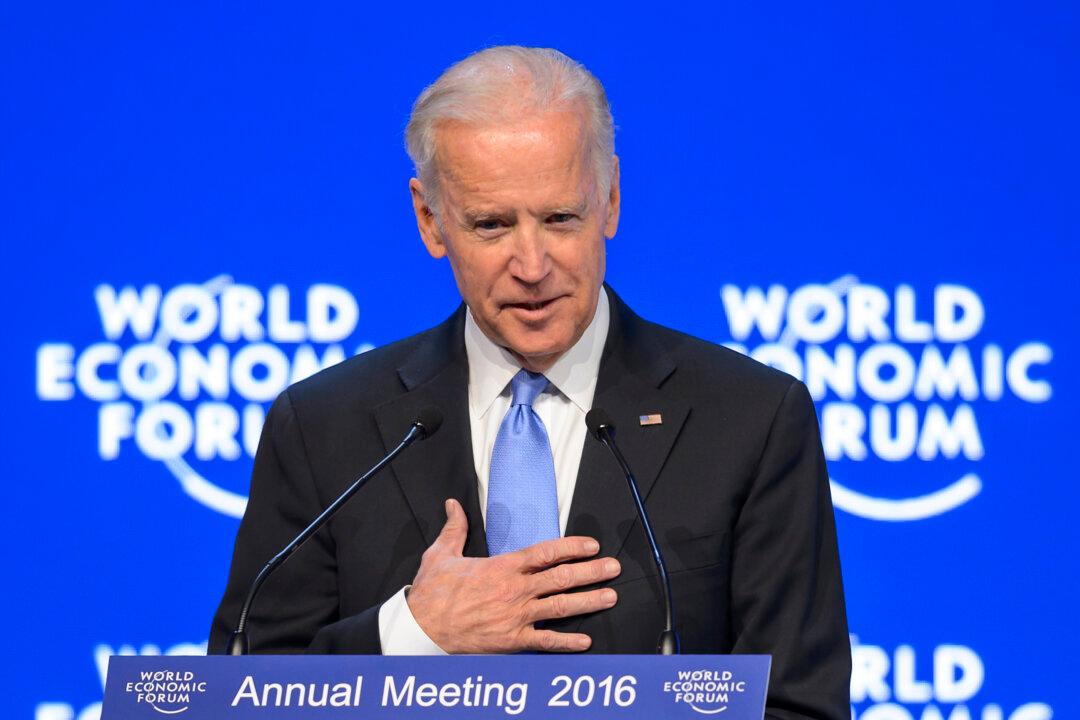Commentary
“Something feels off,” outstanding journalist Sharyl Attkisson posted on Twitter. She didn’t elaborate on what she meant. And yet we all share that sense that the wheels are coming off. The progress we once took for granted is in question. There’s too much going wrong at once. We feel powerless to do anything about it.





